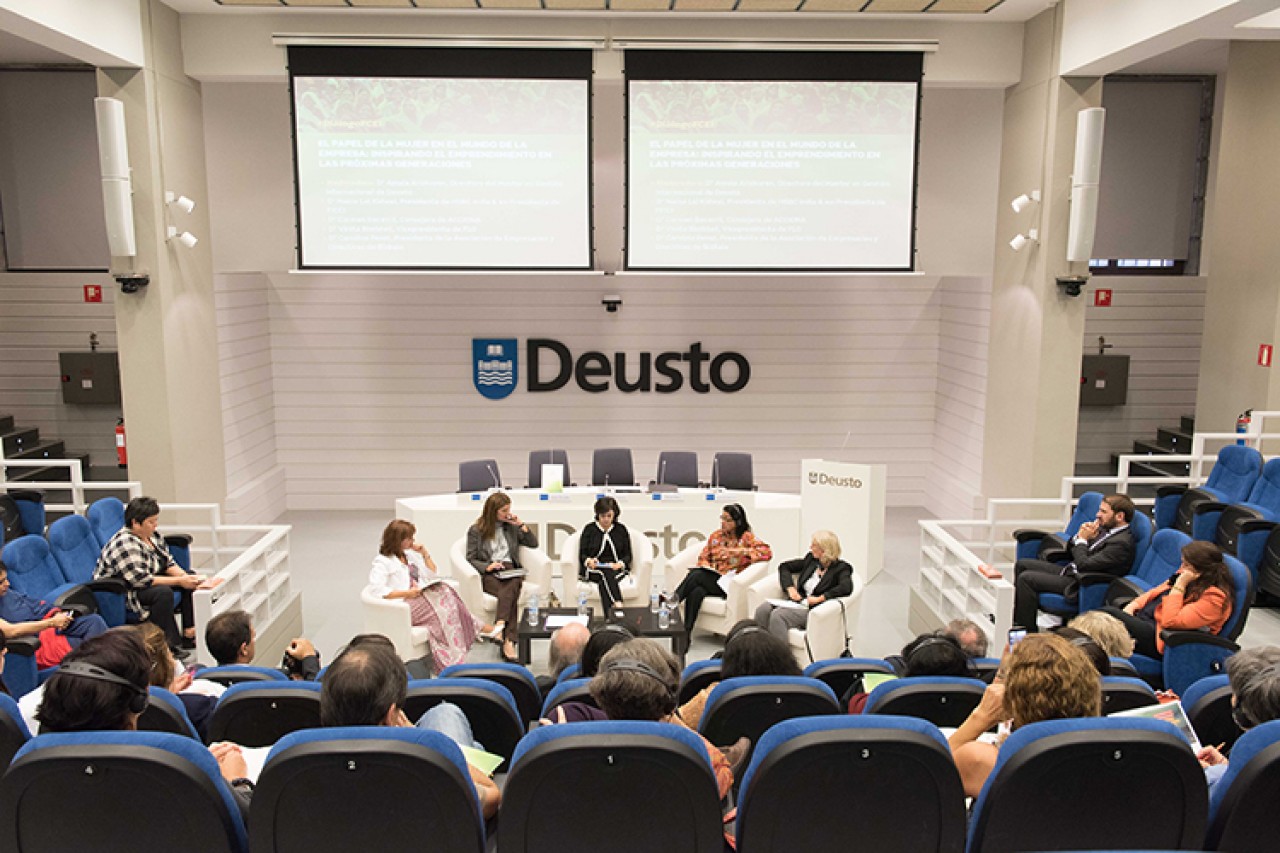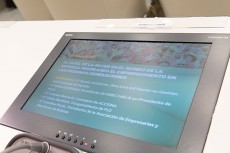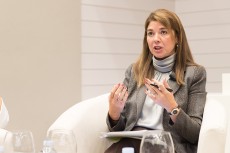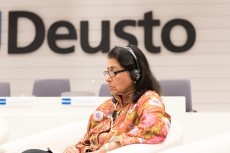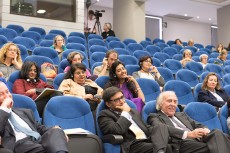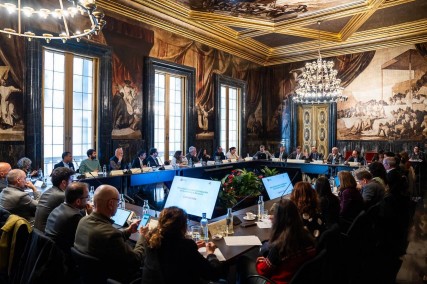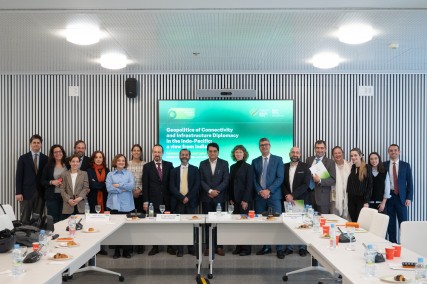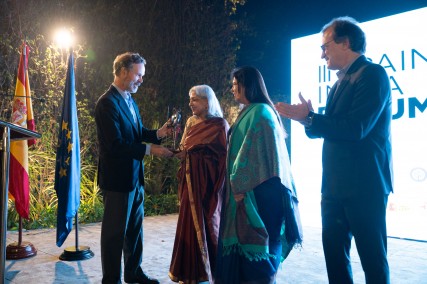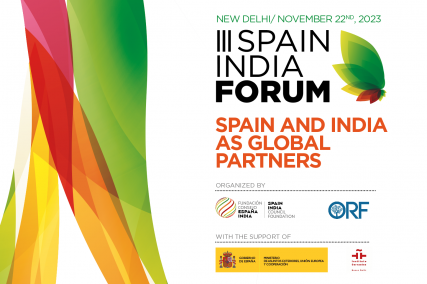Vinita Bimbeht, Vice-President of FICCI Ladies Organization (FLO), accurately summarised the shared challenges faced by women in business in Spain and India alike: the lack of funding, grants, guidance and work-life balance, as well as the high expectations women place on themselves.
These were the main issues addressed at the second session of the Spain-India Women's Dialogue on Leadership, Entrepreneurship and Social Impact, which focused on ‘The Role of Women in the Business World: Inspiring entrepreneurship in the generations to come”.
The first speaker was Carmen Becerril, a member of ACCIONA's Board of Directors, who emphasised the need for women to understand and accept the rules of the game for business success. In her opinion, the concept of professional success responds to a male point of view and depends on our position in the hierarchy. However, she argues that this idea should be revised, as success should be based on how well we perform a task, not the step we occupy on the ladder.
This idea is linked to a traditional weak spot for women in terms of business development: work-life balance and the choice to prioritise either their work or personal life. For Carolina Pérez, President of the Association for Women Entrepreneurs and Executives of Bizkaia, women need greater confidence and social support and a better work-life balance. Carolina shared enlightening data on women's entrepreneurship and explained that women become entrepreneurs mainly out of necessity and that for every 10 male entrepreneurs, there are just 4 female ones. She also mentioned that the bar is set higher for women and that, when they fail, “they fail as a group in front of men” even though failure is part of the learning process for everyone.
Naina Lal Kidwai, CEO of HSBC India and former President of FICCI, spoke to attendees of the challenges faced by women in India when it comes to accessing funding for their projects, which is also an issue for women in Spain. Here, the economic crisis means that companies' economic plans are focused on the very short term, which makes it hard to get projects off the ground. She also stated that women have a different view of resource management and investment, and in the business world this adds value, as their goals differ from those of men.
Naina also emphasised that women need to change part of their mentality - the part that is reluctant to take on business challenges -and added that to achieve that in India, women seeking to become entrepreneurs must be offered guidance, which is a service FICCI Ladies Organization (FLO) provides. Vice-President Vinita Bimbeht explained that FLO’s mission is to offer help to women in the business world, including small entrepreneurs and executives and middle management, by constantly monitoring the country's business landscape in order to leverage all the opportunities to generate new business and new technologies. Vinita Bimbeht also mentioned that India's population is young, which is a factor that must be taken into account both in terms of leveraging opportunities and managing resources.
The attendees were also offered an insight into FICCI's initiative to ask India's Central Bank to withdraw a clause by which many banks still require a husband’s signature for a woman to apply for a loan. In short, there are still many challenges to tackle before women are truly empowered in the business world.
More pictures in the Gallery
Agenda of SICF's Dialogue available through this link
Profiles of Indian panellists available through this link
Follow the event on social media with the hashtag #DiálogoFCEI and SICF's profiles on Twitter and Facebook
